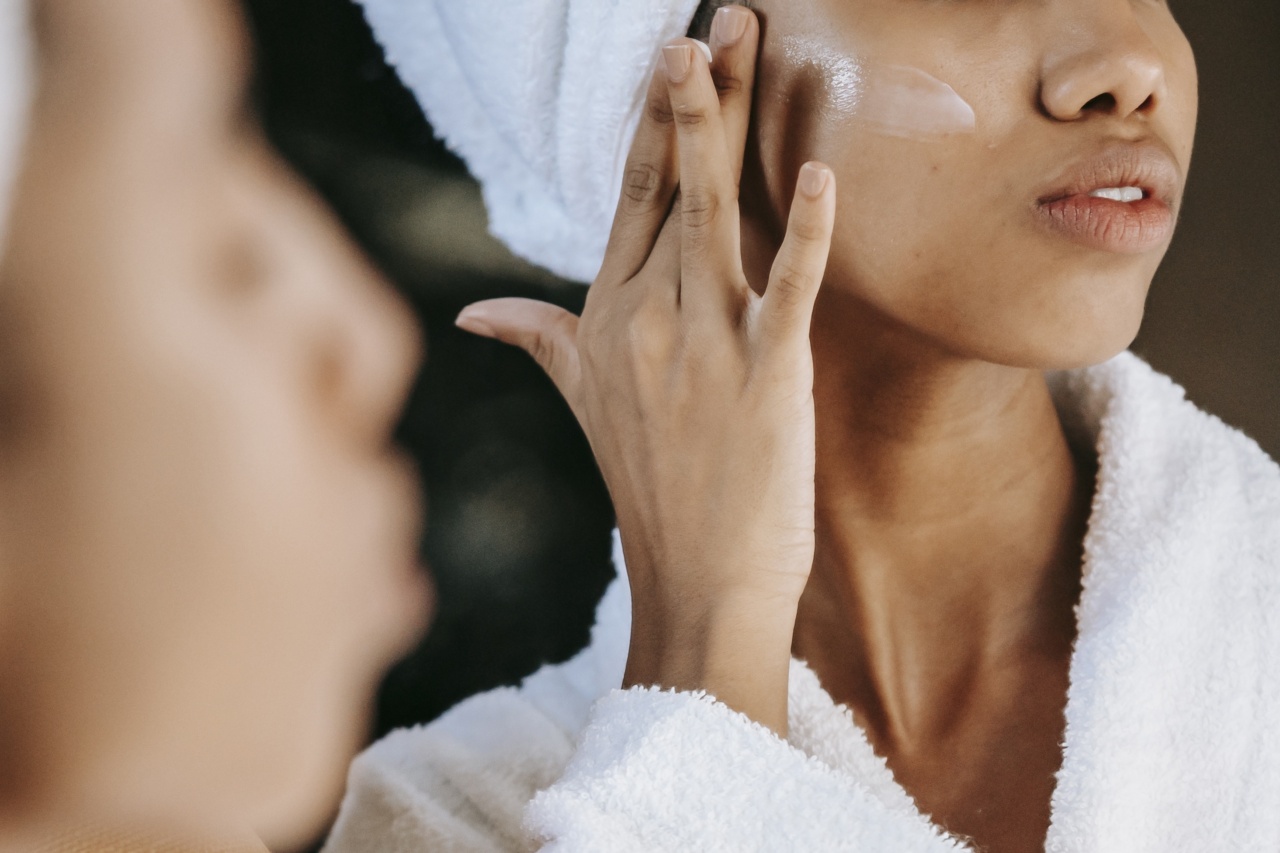Our skin is the largest and most exposed organ of our body and thus, it is most vulnerable to environmental factors such as pollutants, UV rays, and harsh chemicals.
However, it is not only these external factors that can harm our skin, but also some natural elements that we might not even be aware of. Here are 6 natural elements that can harm your facial skin:.
1. Hard Water
Hard water contains a high level of minerals such as magnesium, calcium, and iron, which can cause damage to your skin over time. The minerals in the water can leave a residue on your skin, leading to dryness, irritation, and even acne breakouts.
Moreover, hard water can strip your skin of its natural oils, leaving it dehydrated and more susceptible to damage from other environmental factors.
2. Sunlight
While sunlight is essential for our body to produce vitamin D, overexposure to UV radiation can lead to a range of skin problems, from sunburn to premature aging and even skin cancer.
UV radiation damages the DNA in our skin cells, leading to mutations that can eventually cause cancer. It is important to wear protective clothing and sunscreen with a high SPF when spending time outdoors under the sun.
3. Wind
Wind can be harsh on your skin, especially during the colder months. The cold air can strip your skin of its natural oils, leading to dryness, flakiness and even chapped skin.
Moreover, wind can carry dust and pollutants that can irritate your skin and cause inflammation. It is important to keep your skin moisturized and protected with a barrier cream when spending time outdoors in windy conditions.
4. Chlorine
Chlorine is a chemical commonly used in swimming pools to kill bacteria and algae. However, it can also be harmful to our skin, causing dryness, itchiness, and even eczema.
Moreover, chlorine can strip the natural oils from our skin and hair, leading to dullness and breakage. It is important to rinse off with clean water after swimming in a chlorinated pool and to moisturize your skin and hair afterwards.
5. Air Pollution
Air pollution is a major problem in many cities around the world, and it can have a significant impact on our skin. The pollutants in the air can penetrate our skin and cause oxidative stress, leading to inflammation and premature aging.
Moreover, air pollution can lead to the formation of free radicals, which can damage our skin cells and cause DNA mutations. It is important to cleanse your skin thoroughly and use antioxidants to protect your skin from environmental damage.
6. Humidity
Humidity can be a double-edged sword for your skin. While it can help to keep your skin moisturized, excess humidity can also lead to a range of skin problems, from heat rash to fungal infections.
Moreover, humidity can increase the growth of bacteria on your skin, leading to acne breakouts and other skin problems. It is important to find a balance between humidity levels and skin care to prevent skin problems.
Conclusion
Our skin is exposed to a range of natural elements that can harm it, from hard water to sunlight, wind, chlorine, air pollution, and humidity.
It is important to protect your skin from these elements to prevent damage and maintain healthy, radiant skin.































